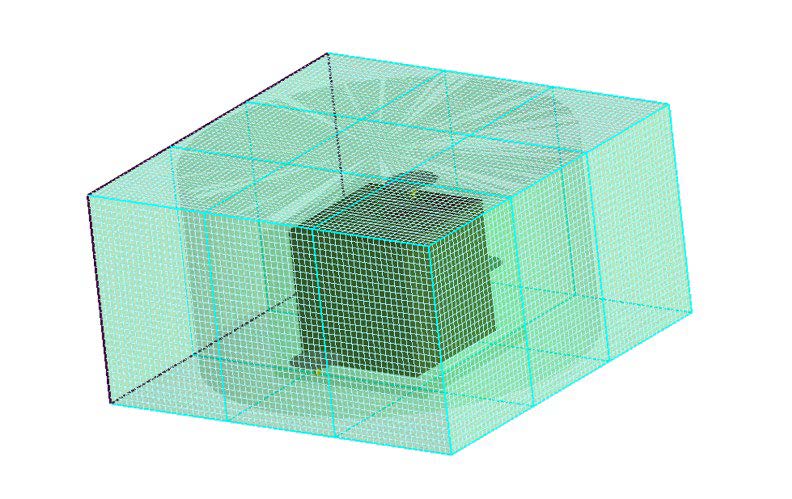Dr. Chung Song’s project “Erosion Resistant Rock Shoulder” looked at the effect of flooding and climate change on highway shoulder rocks by testing and developing new methods to evaluate erosion resistance. The outcome of the project was the University of Nebraska-Lincoln Erosion Testing Bed (UNLETB), a new large-scale testing device that can find the gradations of shoulder gravels.
As extreme weather conditions become more common with climate change and weather patterns become more unpredictable and severe drought unavoidable, new problems arise for highway structures and pavement systems. During the winter of 2019, extended heavy rains washed out highway shoulder materials in Nebraska, resulting in eroded and dislodged shoulder aggregates. This project developed techniques to evaluate highway shoulder materials on erosion resistance to weather events, such as flooding.
After initial testing of gravel types, they were separated into high-resistance and low-resistance groups. The low-resistant group was treated with different binding agents, which showed better erosion resistance based on the binding agent and sample type. Then, a hydrodynamics-based analysis was conducted using computational fluid dynamics (CFD) software. The study also trained an Artificial Neural Network (ANN) with the test results to conveniently discern the erosion resistance of different gradations. It was successful in predicting the acceptable and non-acceptable erosion characteristics of shoulder rocks with close to 99% accuracy based on three gradation parameters.
The project successfully developed an erosion testing device, The University of Nebraska-Lincoln Erosion Testing Bed (UNLETB), which turned out to be a reliable and efficient method to evaluate erosion resistance on large-sized highway-shoulder materials. Over the course of the study erosion test results were obtained for treated and untreated samples using hydrodynamics-based simulations, an artificial intelligence approach, and the Uncrewed Aerial System (UAS) monitoring for shoulders. Results will soon be published in the Nebraska Department of Transportation report.
This project was completed with financial support from the US Department of Transportation through the Nebraska Department of Transportation. Co-authors include Associate Professor Dr. Richard L. Wood, graduate assistants Basil Abualshar, Bashar Al-Nimri, and Mitra Nasimi, and undergraduate assistant Mark O’Brien.
Dr. Chung Song is an Associate Professor in the Department of Civil and Environmental Engineering at the University of Nebraska-Lincoln and specializes in the evaluation of physical and mechanical behavior of soils.
